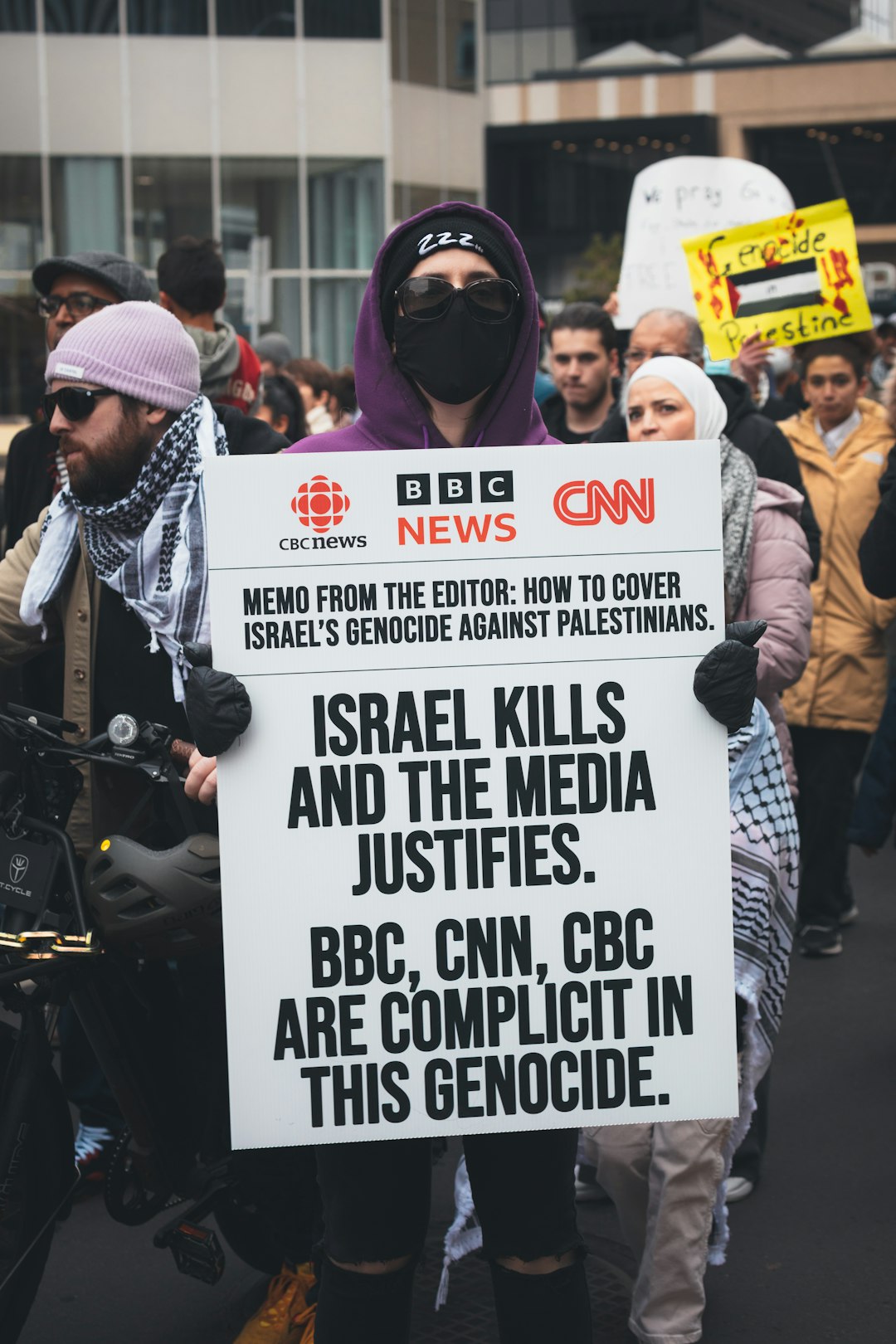
The Mainstream Media’s Elite Narrative: A Direct Threat to Free Thought and Inquiry
Isn’t it just charming how the mainstream media has become the self-appointed guardian of what we should think? They’ve taken it upon themselves to filter the cacophony of opinions, leaving us with a neatly packaged elite narrative that fits their agenda. The irony? In doing so, they are systematically dismantling the very foundations of free thought and inquiry that make a society truly vibrant.
The Echo Chamber Effect
Let’s start with the concept of the echo chamber. In this digital age, the mainstream media has become the ultimate echo chamber, amplifying the voices of a select few while drowning out dissenting opinions. It’s a cozy little setup where the narratives of globalists and elites—think those charming folks at the World Economic Forum—get repeated ad nauseam. This phenomenon isn’t just annoying; it’s a direct threat to the intellectual diversity we so desperately need.
When media outlets prioritize stories that align with an elite agenda, they create a world where only select viewpoints are deemed worthy of discussion. Meanwhile, alternative perspectives—those pesky little ideas that challenge the status quo—are often relegated to the fringes. This systematic silencing of dissent not only stifles debate but also hampers the very essence of inquiry.
The Role of Big Tech
Now, let’s not forget about our friends in Big Tech. These digital overlords have taken it upon themselves to curate our online experiences. As if we needed another layer of filtering! With algorithms that favor mainstream narratives, social media platforms reinforce the echo chamber effect. If your viewpoint doesn’t align with the elite narrative, good luck getting it seen. The result? A generation of individuals who are more comfortable parroting what they’ve heard than exploring ideas that challenge their beliefs.
The Dangers of Conformity
The consequences of this media-driven conformity are profound. A society that values uniformity over diversity of thought risks becoming stagnant. When we stop asking questions and accepting the narratives handed to us, we lose the ability to think critically. This is particularly dangerous in a time when complex global issues require nuanced discussion and thoughtful inquiry.
Consider the pandemic, for instance. The mainstream media’s portrayal of various treatments and responses was often aligned with elite narratives. Questioning these approaches was not just frowned upon; it was outright vilified. This created a climate of fear around dissenting opinions that could have led to diverse solutions and deeper understanding. Instead, we were left with a singular narrative that didn’t serve us all.
Real-World Implications
Let’s talk about real-world implications. The proliferation of an elite narrative can lead to policy decisions that impact our daily lives in ways we might not even realize. When only one side of a story is told, the public is robbed of the opportunity to engage in meaningful dialogue. Just look at the climate change debate. While we should absolutely take the issue seriously, the media often presents a one-dimensional perspective that leaves little room for discussion. This not only alienates individuals who might have valuable insights to share but also stifles innovative solutions.
Moreover, when the public is bombarded with a single narrative, it becomes increasingly difficult to hold leaders accountable. If dissent is silenced, how do we ensure that those in power are acting in the best interests of the people? The answer is simple: we can’t.
Counterarguments and the Path Forward
Sure, some may argue that the mainstream media is simply trying to provide clarity in a chaotic world. But clarity at the expense of diversity is not clarity at all; it’s a mirage. The real challenge lies in creating a media landscape that values inquiry over conformity. We need to encourage a culture where questioning is not just accepted but celebrated.
To that end, it’s essential that we actively seek out alternative viewpoints. Read widely, engage in discussions that make you uncomfortable, and challenge the narratives that dominate the mainstream. Only then can we foster an environment where free thought thrives and inquiry leads to genuine understanding.
Conclusion
In conclusion, the mainstream media’s proliferation of an elite narrative is a significant threat to free thought and inquiry. By stifling dissent and promoting conformity, they create a society that is ripe for stagnation. It’s time for us, as individuals, to reclaim our right to think critically and engage in meaningful discussions. After all, a society that values diverse opinions is a society that can truly flourish. So, let’s challenge the narratives, question the elites, and make our voices heard. The future of free thought depends on it.


